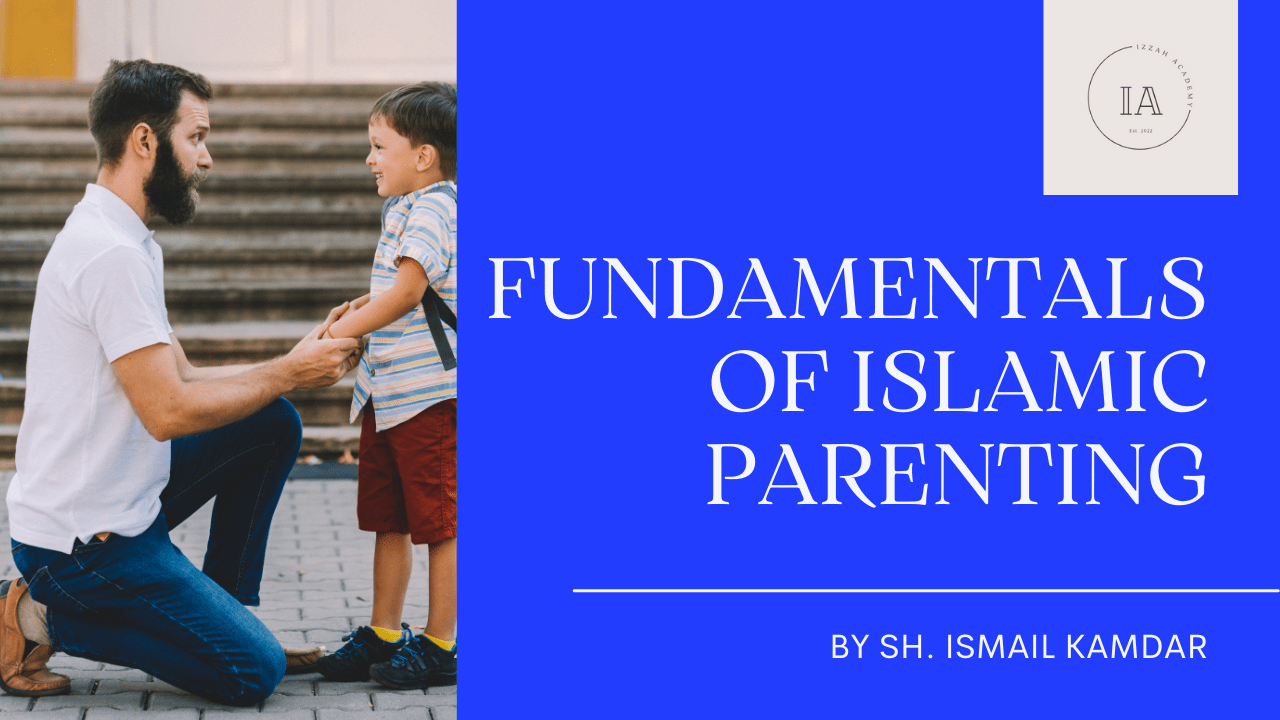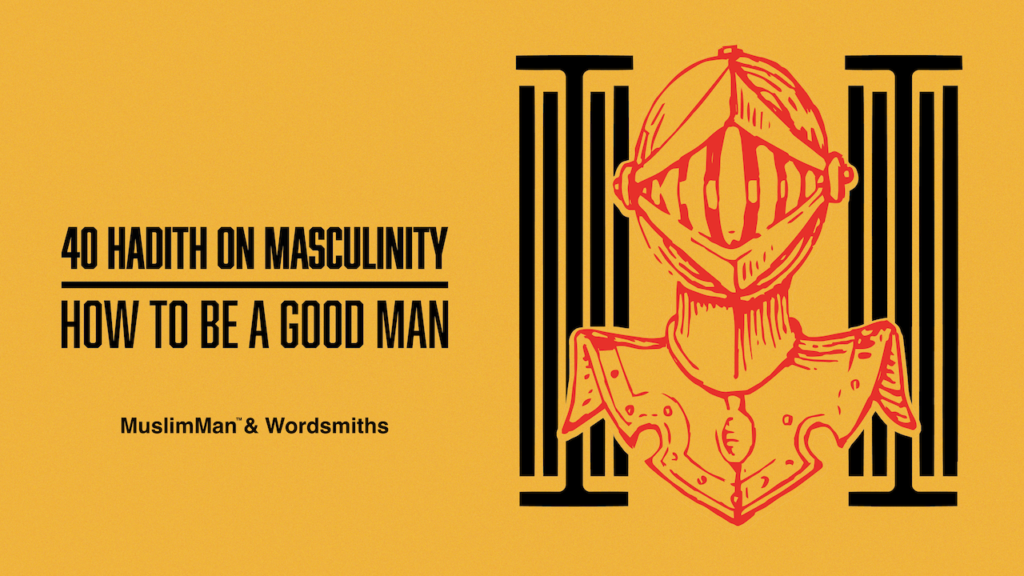Get ready to supercharge your parenting skills!!!
Islamic Self Help and Izzah Academy present a brand new course from Shaykh Ismail Kamdar: Fundamentals of Islamic Parenting.
You asked for it and we delivered! A comprehensive 20 module course on parenting, covering a variety of topics including:
- The role of fathers in parenting
- The role of mothers in parenting
- The importance of stay-at-home mums
- Character building and resilience building in children
- Raising your children into capable adults
- The case for homeschooling
Who is this course for:
- Young Muslims seeking authentic guidance regarding parenting
- Young couples looking to raise their children according to the Qur’an and Sunnah
- Parents who are struggling to cope with contemporary issues looking for an Islamic parenting solution
Learn practical solutions to the following problems and more:
- Raising righteous children in the modern world
- Understanding Islamic gender roles related to parenting
- Dealing with contemporary parenting challenges like dealing with immorality and liberalism
- Losing faith in the education system and seeking workable solutions
Don’t let parenting be a source of stress and frustration. Invest in yourself today and start building a strong foundation for a lifetime of love and happiness. Enroll in our online course on the fundamentals of Islamic parenting now!
Why You’ll Love This Course
This course offers the kind of one-stop learning environment that benefits you both during and after the completion of the course in a multitude of ways:
- Solid Learning with dedicated help, support, motivation and accountability
- Self-Paced Online Learning – you can study anytime and learn from anywhere, according to your daily routine.
- Lifetime Access to Learning Materials for continued Referencing, Knowledge, Development and Inspiration
Whether it’s work, academia, family or other constraints, the course allows you the flexibility to learn at your own pace without pressure.
This course includes all the following modules:
- Introduction to Islamic Parenting
- Considerations before having children
- Developmental Phases of Childhood
- The Role of Mothers in Parenting
- The Role of Fathers in Parenting
- The Case for the Stay-At-Home mum
- The Case for Homeschooling
- Raising Daughters
- Raising Sons
- Parenting during the Early Years
- Designing Your Home Environment
- Building Character in Children
- Building Resilience in Children
- Religious Education Priorities
- Raising children for independence
- Islamic Sexual Education
- Puberty & Accountability
- Preparing them for adult life
- Cultural Considerations
- Navigating Modern Technology
- When children go astray
- When children grow up
Unmissable bonuses!
Sign up today and receive the following FREE bonus resources:
1) BONUS PDF: Homeschooling 101 ebook
2) BONUS VIDEO: Raising Resilient Children
3) BONUS VIDEO: The Art of Parenting
4) BONUS VIDEO: Homeschooling & the future of education
Sign up today to get instant access to all 22 modules, as well as all notes and bonus material: https://islamicselfhelp.gumroad.com/l/parenting/early





